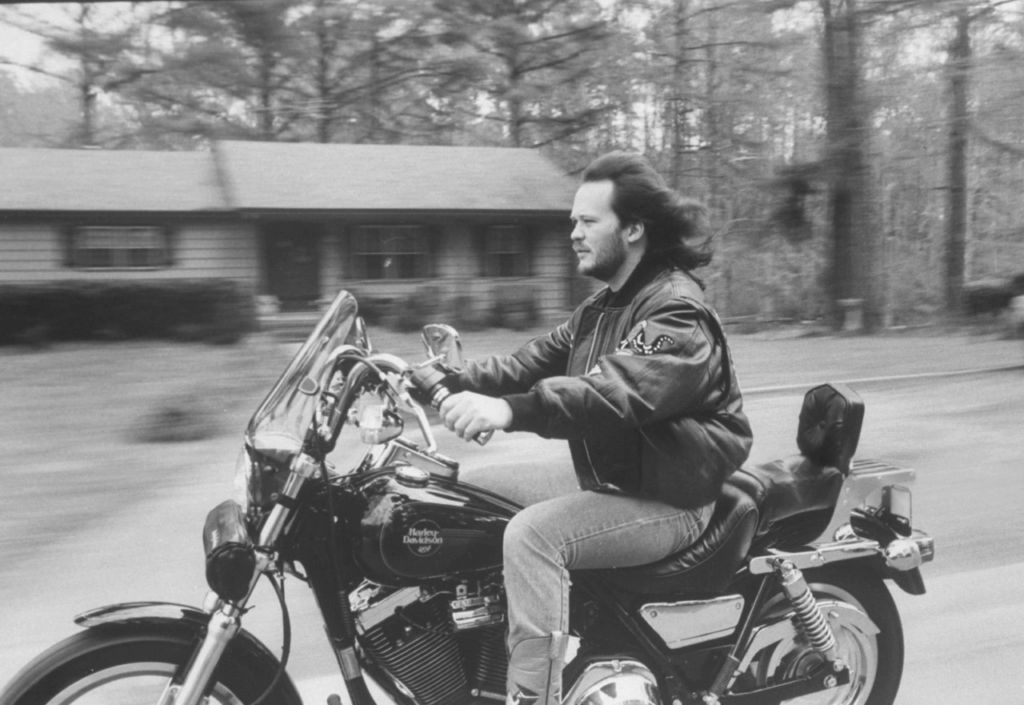
A kitchen-table vow with a heartbeat—a love song that treats trust as a promise and a prayer, asked softly enough that the answer matters more than the melody.
Essentials up top. Song: “Can I Trust You With My Heart.” Artist: Travis Tritt. Album: T-R-O-U-B-L-E (Warner Bros. Nashville, 1992). Writers: Travis Tritt & Stewart Harris. Producer: Gregg Brown. Single release: November 30, 1992; length: 3:34; B-side: “A Hundred Years from Now.” Chart story: Tritt’s third U.S. No. 1 on Billboard Hot Country Singles & Tracks (week of February 13, 1993, holding for two weeks) and a No. 1 on Canada’s RPM Country Tracks (February 27, 1993).
Set squarely in the glow of early-’90s country radio, “Can I Trust You With My Heart” is the quiet counterpoint to the swagger that first made Travis Tritt a star. The hook isn’t a dare; it’s a question. Where so many ballads beg or boast, this one asks for assurance—not just that love is real, but that it’s sturdy enough to carry a life. You can hear that intention in the writing. Tritt and Stewart Harris pare the language down to kitchen-table truths—if we take this further, can I lean on you?—the kind of plain talk older ears recognize as the real test of romance.
The record works because the frame is so respectful. Producer Gregg Brown keeps the mix bone-clean: snare and kick in a measured pocket, bass walking close to the drum, acoustic and electric guitars answering in short phrases, a warm ribbon of piano and steel to widen the chorus. The session credits read like a who’s-who—Hargus “Pig” Robbins at the piano, Reggie Young and Billy Joe Walker Jr. on guitars, Terry Crisp on baritone steel among others—and you can hear the pros doing what pros do: leaving air around the vocal so the lyric can breathe. Tritt sings a shade behind the beat, his baritone soft at the edges, as if he’s asking one person in a quiet room rather than singing at a crowd.
In the arc of the album, the song arrived as the second single off T-R-O-U-B-L-E, between the blue-collar uplift of “Lord Have Mercy on the Working Man” and the Jerry Chesnut title cut. Those five singles together mapped the record’s range; this one planted its flag in vulnerability. When it climbed to No. 1 in the U.S. and Canada, it proved that Tritt’s audience didn’t just come for Southern-rock voltage—they came for grown-up honesty, too. (The album’s entry tallies the singles and their peaks with tidy precision.)
There’s a small piece of visual grammar worth noting. The music video, directed by Jack Cole, rolls almost entirely in black-and-white, saving a wash of color for an intimate motel-room scene. It’s a simple device that mirrors the lyric’s stakes: a world that looks clear until feeling floods in. The camera stays close—faces, hands, the space between two people who haven’t yet decided to trust—and the song’s question sits there, waiting.
Why this record endures—especially for listeners who’ve lived a bit—is that it treats love like a choice you renew, not a thrill you chase. The verses count costs without melodrama: marriage isn’t a leap so much as a transfer of weight, and trust is what keeps the structure sound. When the chorus lands, it doesn’t explode; it settles. You can imagine the scene it scores: the radio low, the house gone quiet, two people deciding whether to knit their futures together. In that light, Tritt’s phrasing feels less like performance and more like companionship.
And the paper trail supports the feeling. The single bowed Nov. 30, 1992, debuted on the country chart at No. 62 the week of Dec. 5, and rose to the top by Feb. 13, 1993, holding there two weeks; north of the border it reached No. 1 at month’s end. For a four-minute ballad that asks rather than insists, those are proud numbers. They also helped anchor a run that saw T-R-O-U-B-L-E spin off five radio singles and earn multi-platinum status—proof that balance (toughness and tenderness) is what keeps a career upright.
Play “Can I Trust You With My Heart” today and you may feel time compress: the hush just before you ask a life-changing question, the way a room seems to listen with you, the relief of hearing an honest yes—or the courage to wait for one. That’s the song’s true work. It doesn’t parade; it persuades gently, reminding us that the bravest country music often comes not from swagger but from the quiet moment when someone decides to be worthy of the trust they’re asking for.